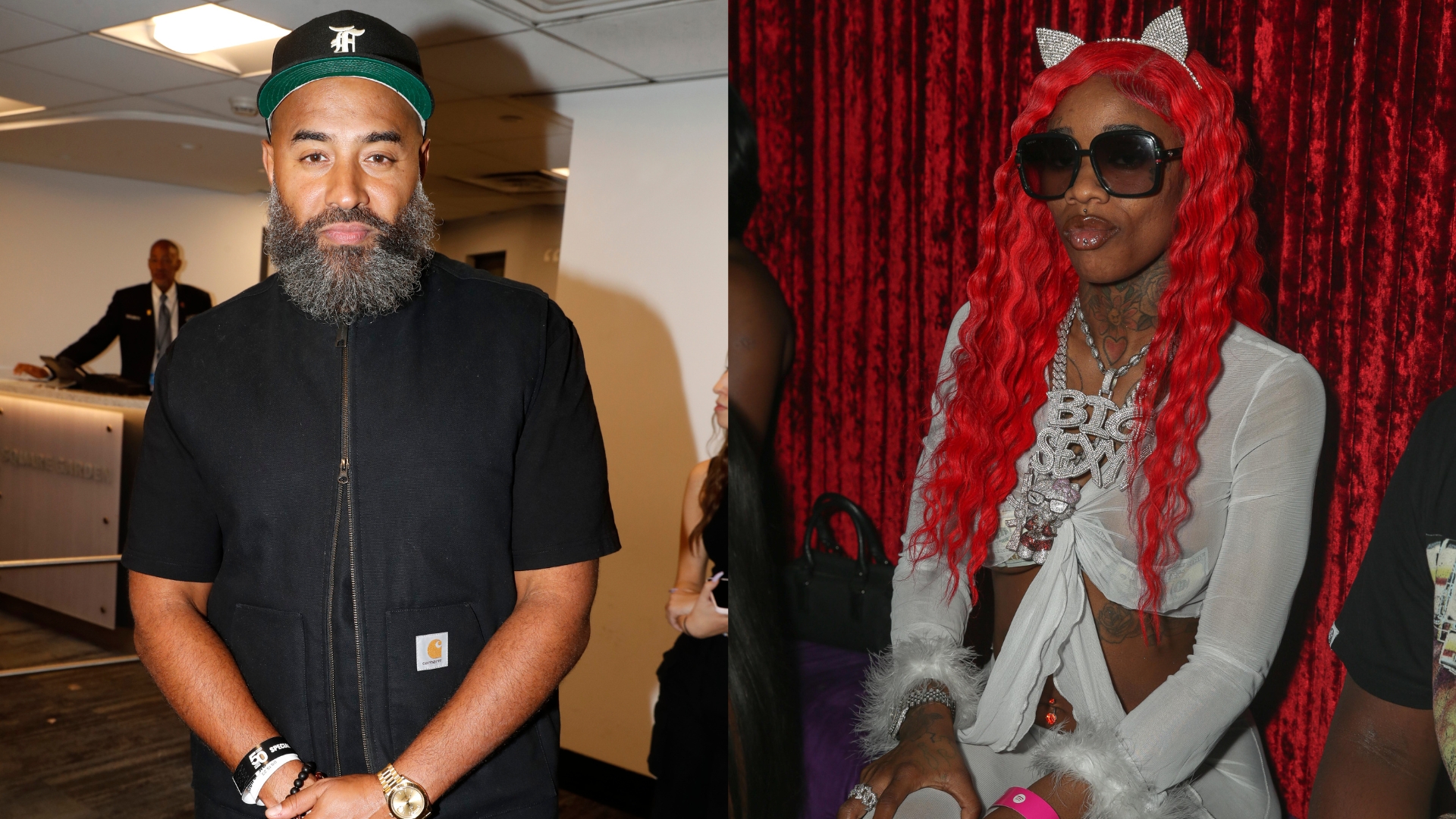The Impact Of The Jameliz Smith Incident: A Deep Dive Into Privacy, Consent, And Society
Listen closely, everyone. There's a story unraveling on the internet that demands our attention—a story that's not just about headlines but about the very fabric of privacy, consent, and societal norms. Reports suggest that Jameliz Smith, a prominent social media personality, has had a private video leaked online without her consent. This breach is more than just a viral moment; it's a stark reminder of how fragile our digital privacy has become. Before we delve deeper, let's take a moment to reflect. This isn't entertainment—it's a real person's life being affected. Respect and empathy should guide our discussions.
Why does this story resonate so deeply? Because it's not just about one person—it's about all of us. In a world where information spreads at lightning speed, understanding the implications of such leaks is crucial. They raise questions about how we handle sensitive information, the legal frameworks surrounding privacy, and the ethical responsibilities we carry as a society. Let's unpack this situation with clarity and sensitivity.
| Full Name | Jameliz Smith |
|---|---|
| Age | 32 years old (as of 2023) |
| Profession | Content Creator / Social Media Influencer |
| Place of Birth | Miami, Florida, USA |
| Social Media Platforms | Instagram, TikTok, YouTube |
| Notable Achievements | Over 1 million followers across platforms, known for advocacy work in digital privacy |
| Reference | Cyber Civil Rights Initiative |
For years, Jameliz Smith has built a reputation as a vibrant and engaging content creator. Her work spans multiple platforms, where she connects with audiences through relatable content and thoughtful discussions. Yet, her story has now become synonymous with a broader issue—one that affects countless individuals in the digital age. It's vital to remember that she's more than this single narrative; she's a voice for many who face similar challenges.
- Billy Porter A Trailblazing Force In Entertainment
- Discover The Ultimate Seafood Dining Experience At Legal Seafood Harborside
The incident itself unfolded when reports emerged of a private video involving Jameliz being leaked online without her consent. The details point to a violation of trust and privacy. Initial accounts suggest the video was recorded in a private setting and shared on forums and social media sites. Efforts to remove the content are underway, but once something goes viral, erasing it entirely becomes nearly impossible. This highlights the dangers of sharing intimate content online and underscores the importance of safeguarding digital footprints.
From a legal standpoint, the implications of such leaks are severe. In many jurisdictions, sharing intimate images or videos without consent is a crime. In the United States, for example, this falls under "revenge porn," punishable by fines or imprisonment. Each state may have varying penalties, but the message is clear: unauthorized sharing of private content is not only unethical but also illegal. Victims have legal avenues to pursue, including filing complaints with law enforcement or seeking damages through civil lawsuits. Organizations like the Cyber Civil Rights Initiative provide essential resources and support for those affected.
However, the conversation extends beyond legality. Ethically, we must consider the morality of sharing such content. Why do people engage in these actions? Is it driven by attention, revenge, or a lack of understanding? Regardless of intent, the consequences are far-reaching. Respecting privacy, even for public figures, is fundamental. Every individual deserves dignity and respect, regardless of their status or career. The long-term impact of such leaks can be devastating, affecting mental health, relationships, and professional opportunities.
- Holiday Inn Sacramento
- The Crucial Role Of Pennsylvanias Secretary Of State In Shaping State Governance
In today's digital landscape, privacy concerns are paramount. Our online lives are increasingly exposed, making it easier for malicious actors to exploit vulnerabilities. Cloud storage accounts can be hacked if not properly secured, phishing scams can grant unauthorized access, and once something is online, controlling its reach becomes nearly impossible. Taking proactive measures to protect personal information—such as using strong passwords, enabling two-factor authentication, and being cautious about what we share—is essential.
Social media reactions to this story have been a mixed bag. On one hand, many have rallied behind Jameliz, offering encouragement and condemning the leak. Celebrities and influencers have joined the chorus, emphasizing the importance of respecting privacy and consent. On the other hand, derogatory comments and the sharing of the video itself have further perpetuated harm. Trolls thrive on negativity, spreading hate and misinformation, exacerbating the situation. It's crucial to remember that every interaction online—every comment, like, or share—has an impact. Engaging responsibly means refraining from sharing or viewing the content, calling out harmful behavior, and offering support to the victim.
The mental health implications for victims of such leaks are profound. The violation of trust can lead to feelings of shame, anxiety, and depression. Social isolation, damaged self-esteem, and long-term emotional struggles are common. Some may even develop PTSD or other trauma-related disorders. Seeking professional help, whether through therapy or counseling, is vital for recovery. It's equally important for friends, family, and colleagues to extend kindness and understanding during such challenging times.
Preventing future leaks requires collective effort. Securing devices with strong passwords and two-factor authentication is a foundational step. Being cautious about sharing intimate content, even with trusted partners, is crucial. Staying informed about cybersecurity trends and reporting suspicious activity to authorities can also mitigate risks. Each of us plays a role in fostering a safer digital environment.
Connections to other high-profile cases highlight broader trends in the industry. Celebrities like Jennifer Lawrence and Emma Watson have faced similar invasions of privacy, sparking global conversations about digital security and consent. These incidents underscore the need for robust legal frameworks and societal norms that prioritize privacy. As technology advances, so too must our understanding of its ethical implications.
The impact of such leaks extends beyond individuals to society as a whole. They challenge us to reconsider how we approach privacy, consent, and respect in the digital age. The Jameliz Smith incident serves as a poignant reminder of the importance of protecting personal boundaries. By respecting others' privacy, engaging responsibly online, and taking steps to safeguard our own digital footprints, we can contribute to a more respectful and secure online community.
Ultimately, this story is not just about one person—it's about all of us. It's about how we treat each other in an increasingly interconnected world. It's about learning from past mistakes and striving for a better future. Let's approach this situation with empathy, understanding, and a commitment to change. Together, we can create a digital landscape that values privacy, consent, and human dignity.
- Doja Cat Discovering Her Age And Remarkable Journey
- Why Truwest Credit Union Stands Out In The Financial Industry

Ebro Believes Sexyy Red's Sex Tape Leak Is "On Brand," Sparks Fan Backlash

LEAKED ANC Speaker in Free State rocked by sex tape scandal

Everything You Need To Know About OnlyFans Leaked Content